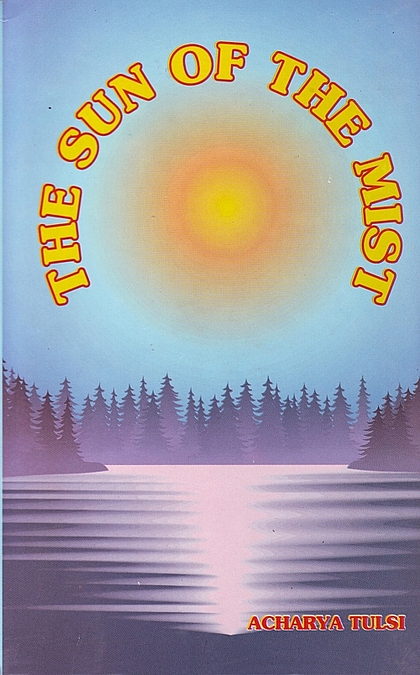"The Harijans have no right to enter a temple. They are not worthy of-being admitted into one. They can only see the shining pinnacle of the temple from far off; they do not need to go inside. Only the Brahmins have the right to worship inside the temple. On account of their birth and Karma, the Brahmins are in every way superior to the Harijans." These are the words of a religious preceptor. The day l read these; l felt a kind of withering away of human values in the world. Each individual born on Indian soil and living in the country has full freedom to worship. It is unconstitutional to interfere with any man’s religious faith. This being so, do not the ideas of caste superiority, threatening to disrupt our society, violate the fundamental rights of the Harijans?
Such prejudices may exist in a slave country without a political will of its own. But India is an independent country. If, after 40 Years of freedom, the atmosphere remains vitiated by the thick smoke of untouchability, how will the people of the country ever live in peace? The members of the World Health Organisation are greatly concerned about the increasing pollution of the world environment—the smoke the noise the congestion the effluents from the factories which contribute to the growing pollution which is fatal to man's survival. Now is the poison of prejudice any less fatal? ls not the belief in castes racialism or untouchability etc. productive of inner pollution?
Castes are inessential; untouchability a blot on human society; colour discrimination is not the fundamental truth. The intelligentsia of the country is well aware of this. It also knows that no doctrine, unacceptable to the younger generation can quite fit in the framework of old values. That a religious preceptor whose duty is to lead millions of people along the right path, should rake up issues which have no relation to the times and create unnecessary turmoil in society, does not seem to be at all proper. May be he strongly believes in his own concept, but will it be right for him to impose it on society or the country as a whole?
One of the opponents to Harijan entry into temples has put forward the argument that a peon must do the work of the peonand a principal the work of the principal. A peon cannot be relied upon to discharge the functions of the principal. That is true, but it no way proves that a peon can never become the principal. By dint of hard work and perseverance, a peon may come to acquire the capability of a principal. Some people occupying high places today, were quite common place men in their childhood. Many great man rose to pre-eminence while living in very ordinary circumstances of life. That mere birth in a Harijan family should hinder anybody‘s progress in religion, does not seem to make any sense.
To believe that any religion can progress on the basis of caste or rituals is to live in an illusion. Such an approach negates the very fundamental ground of religion. The bedrock of religionis character. Only those who dismiss character as secondary and give importance to rituals can utter the heresy that the Mahajans are superior to the Harijans. On the one hand we shout slogans upholding the primacy and excellence of religion; on the other hand we treat with derision the faithful devotees of religion. In such a controversial situation, why should a Harijan cling to the religion of his birth at all? lf, disgusted with the unjust reproofs society, a Harijan talks of changing to some other religion, it creates an uproar. As long as the religious leaders have such a narrow vision, they can bring about no worthwhile reform in religion or society.
We live in society, and cannot therefore be completely indifferent to the prevailing social conditions. Since untouchability has been declared to be a crime in the constitution of India, all statements supporting untouchability are bound to create tensions. We have therefore started a crusade against untouchability through the Anuvrata movement, with a view to getting rid of untouchability altogether. We went to the Harijan colonies, sat with the people there, listened to their difficulties, and tried to understand their problems. The Harijans were given free access to our places of worship and religious gatherings. Special programmes were organised for them. We held many shivirs for them and went to their houses when necessity arose. There is absolutely no problem in our organisation on account of untouchability or the entry of Harijans to our places of worship.
From the humanitarian point-of-view, there is no difference between a Harijan and a Mahajan. Fundamentally, religion is related to a man's life and his particular conditioning. However, it also has an essential role to play in promoting social cohesion. A society, in which people belonging to the scheduled castes are denied equal and active participation, cannot be very healthy or progressive.
 Acharya Tulsi
Acharya Tulsi
